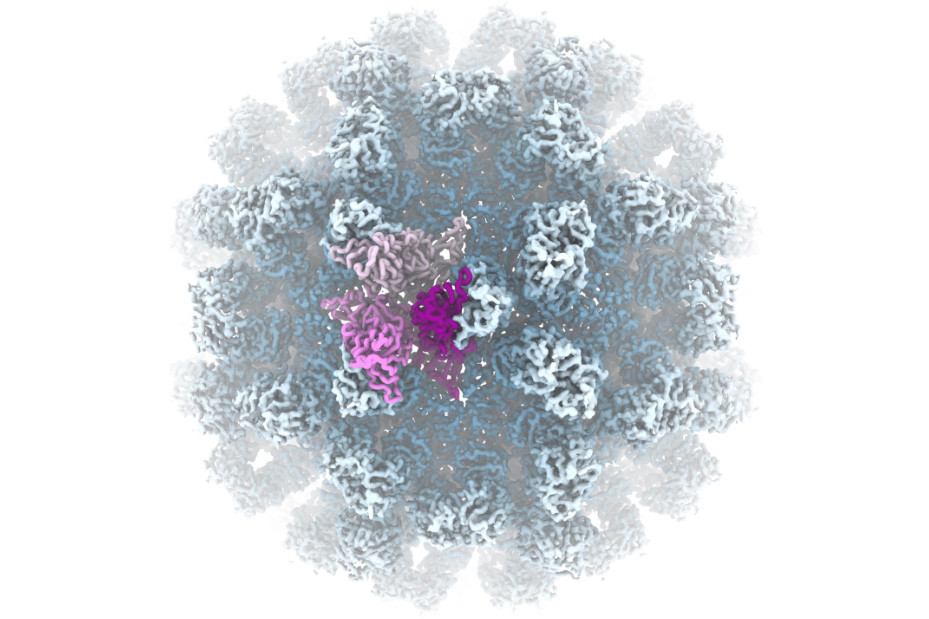Viruses are obligate intracellular parasites, forced to use or co-opt host cell proteins to fulfil essential roles due to the virus’ limited protein-coding capacity. This can include post-translational modifications of host proteins, such as proteolytic cleavage.
We recently applied a quantitative proteomics approach to study protease activity during SARS-CoV-2 infection, identifying novel cleavage sites within viral proteins, as well as cellular proteins cleaved by SARS-CoV-2 viral proteases. We discovered the cellular proteins cleaved by these proteases were essential for efficient virus replication, offering a potential route to host-targeting antiviral therapies.
Back to: Centre for Proteome Research (CPR)
